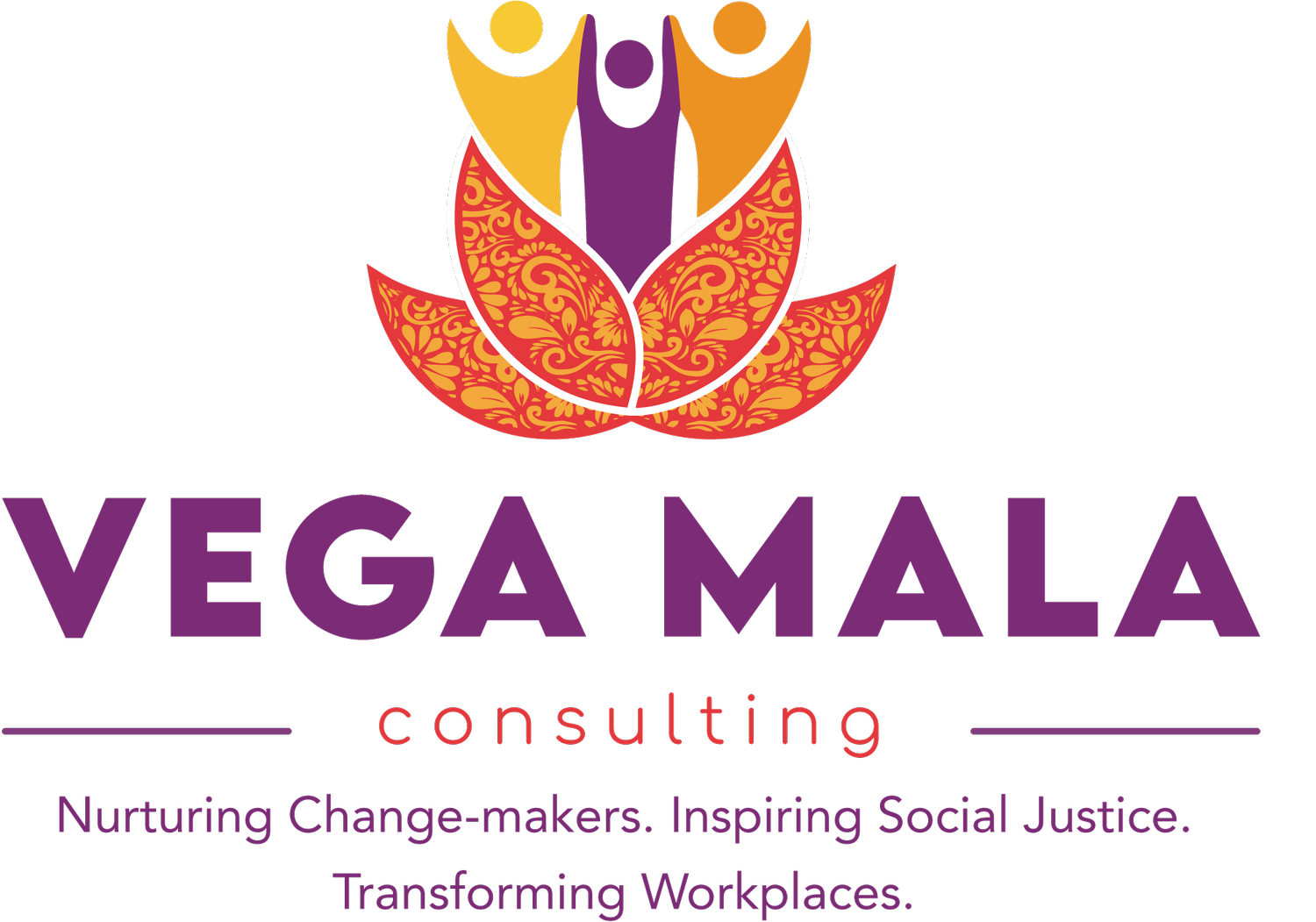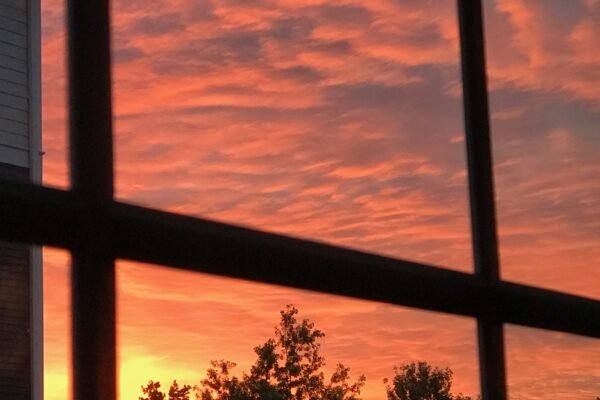Setting Personal Goals During a Pandemic: Yea or Nay?
The confluence of three things recently got me to thinking about the larger purpose of larger purposes.
The first thing is our "Intentional Life Planning" retreat. After years of offering it In Real Life, Mala and I had planned to bring the offering online for the very first time. It was something we had been dreaming about for years. It was, truly, a decade-long aspiration. And we were well into the project and had a timeline and Google doc and everything.
And then we were derailed. Mala experienced suddenly- and dramatically-increased eldercare responsibilities, including four hospitalizations since October. Given this new reality, we recognized that we needed to hit "pause" on our online "Intentional Life Planning" offering—because (oh, the irony) our lives have now become so very unpredictable.
So the most impossible thing we could do right now is to commit to showing up, with preparedness, at specific calendared times, on a regular basis.
The second thing is a recent "The Science of Happiness" podcast episode titled, "Are You Setting the Right Goals?" Given the incomprehensible unpredictability of (many of) our lives, I have been struggling to justify why it is worthwhile to do things like strategically plan or set goals or think intentionally about the future, as if it's something we can control pfft.
This episode reminded me that even small, short-term goals, when they're aligned with our values, can make us feel more engaged. Not squeezing the goal in, but prioritizing it because it's a necessity. Prioritizing—putting on the calendar—not only what's required of us because of external obligations (getting the report in on time; putting the kids to bed) but what's required for us: reading—for its own sake—because it makes us who we are. Playing music, going on hikes, and so forth.
And especially in the midst of chaos, keeping the small, short-term (one week, ten days) goals seems to keep people from derailing altogether.
And finally, the third thing comes from Sen. Cory Booker's question to Judge Merrick Garland, during his Senate confirmation hearings, regarding his motivation to serve as US Attorney General. From somewhere deep within Judge Merrick's being, and almost beyond his control, emerged his poignant and crystal-clear response: "This is the highest, best use of my own set of skills, to pay back."
Those words: "the highest, best use of my own set of skills" have haunted me since. And coming full circle, I'm reminded that at its heart, this is what our Intentional Life Planning process is about: not so much about developing and achieving goals (though they do remain in our field of vision), but about naming our purpose, our values, and what matters to us.
The big reminder for me here is that "unpredictable" does not equal "unintentional." Life is always somewhere along the "unpredictability" continuum. But if we periodically slow down enough to calibrate our internal barometers, we are better equipped to continually recalibrate based on where on the "unpredictability" continuum we find ourselves.
Please indulge me as I share verbatim a poignant realization that Mala recently shared with me: "The whole purpose of ILP is not to make a plan that you stick to, but to have course correction. I can still have the long view. But it is in this time where I cannot predict whether I need to be in the hospital with my mom, or be over at her place taking care of her, that I need to tie whatever action I'm doing at this moment with that "larger purpose of purposes." And I think I've been letting myself down in that. That's why I'm getting depleted. It's just a realization that the reason I'm getting depleted is I'm forgetting the "larger purpose of purposes." Because I'm still thinking, oh, I'm not able to do the things I want to do. Yet, what I'm doing [eldercare] is also what I want to do. And so how do I stay in that moment? Or how do I be the best in this moment? That's what we're calling "intentional."
That's the real, underlying reason for "Intentional Life Planning." It's less about setting and meeting concrete goals with timelines attached, though of course there is a component of that. It's more about remembering our purpose, values, and pledges—and continuing to re-center them and realign whatever we're doing at any given moment toward them.
As you continue on your journey through the unpredictability continuum, I'm hoping you, also, are offered these brief moments of illumination, where your higher purpose revives you.


